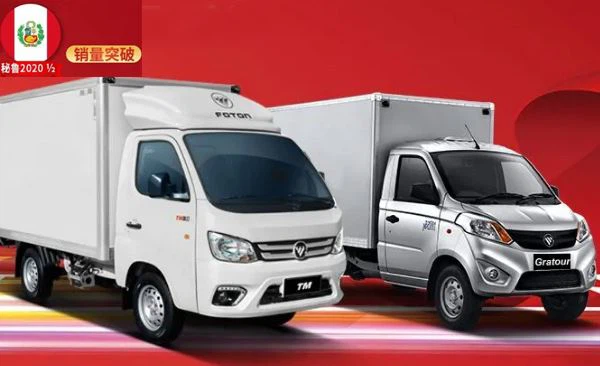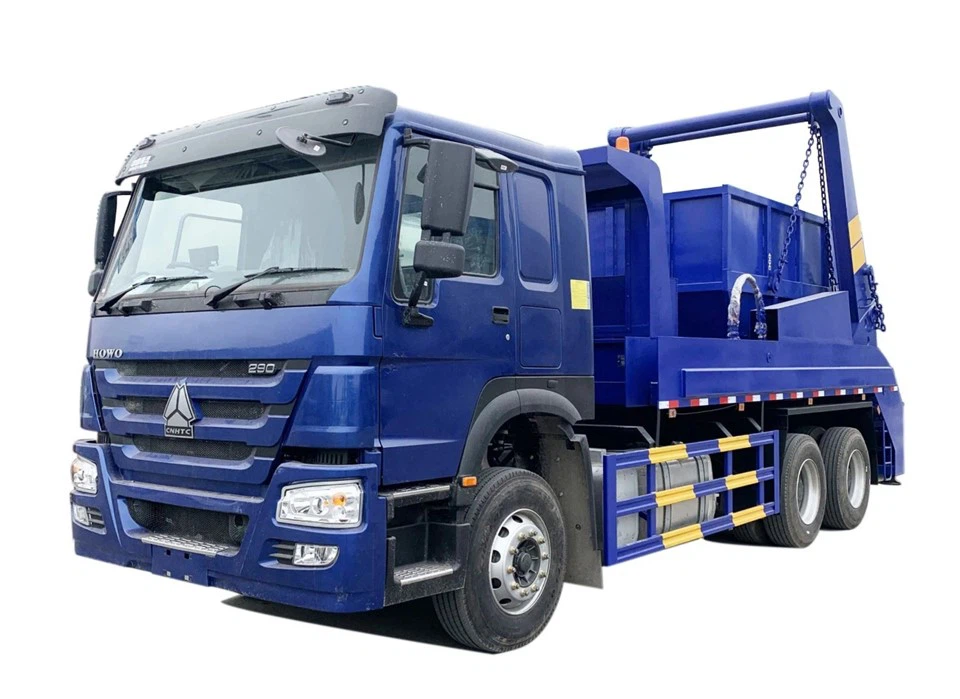Trucks Garbage: Everything You Need to Know About Garbage Trucks

Garbage trucks play a critical role in maintaining sanitation in urban and rural areas. They come in various types and designs, equipped to handle different waste management needs. In this comprehensive guide, we will explore the many facets of garbage trucks, from their types and functions to the technology and regulations surrounding them.
1. What Are Garbage Trucks?
Garbage trucks, also known as refuse trucks or waste collection vehicles, are specialized vehicles designed for the collection, transportation, and disposal of waste materials. Their design varies depending on the type of waste they are meant to handle, and they are essential for keeping our cities clean.
2. Types of Garbage Trucks
2.1 Front Loaders
Front loaders have a large, open container on the front, allowing them to pick up waste containers from the front. These trucks are commonly used for commercial waste collection.
2.2 Rear Loaders
Rear loaders are equipped with a hinged rear compaction unit. They are typically used for residential and small commercial waste collection. The waste is manually loaded from the rear, making them suitable for smaller access areas.
2.3 Side Loaders
Side loaders collect waste from the side of the truck. They are often automated and can efficiently pick up containers without requiring manual labor. These trucks are increasingly popular in urban areas.
2.4 Roll-Off Trucks
Roll-off trucks are used for large quantities of waste, such as construction debris. They have specialized containers that can be rolled off and later collected when full.
3. How Garbage Trucks Operate
Garbage trucks operate on a systematic route to ensure efficient waste collection. Most routes are scheduled weekly or bi-weekly, depending on the area’s size and waste volume.
3.1 Waste Collection Process
- The driver follows a predetermined route.
- The truck stops at each pick-up location.
- For manual trucks, workers load waste onto the truck.
- For automated trucks, the mechanism picks up waste containers automatically.
- Waste is compacted in the truck container for transport.
3.2 Disposal Methods
Once collected, waste is taken to landfills, recycling centers, or waste-to-energy plants. The choice of disposal method depends on the type of waste.
4. The Technology Behind Garbage Trucks
4.1 Compaction Systems
Most garbage trucks have compaction systems that compress waste to maximize space. This feature allows trucks to carry more waste and reduce the number of trips needed to dispose of it.
4.2 GPS Tracking
Many modern garbage trucks are equipped with GPS tracking systems that help optimize routes, monitor truck performance, and ensure punctual collection times.
4.3 Automated Systems

Automated garbage trucks use robotic arms to pick up and empty containers. This technology reduces labor costs and increases efficiency.
5. Environmental Impact of Garbage Trucks
5.1 Carbon Emissions
Garbage trucks contribute to carbon emissions. However, advancements are being made with electric and hybrid models to reduce their environmental footprint.
5.2 Waste Management Practices

Effective waste management practices can mitigate the negative impacts of garbage trucks. This includes composting, recycling, and proper disposal of hazardous materials.
6. Regulations and Standards
6.1 Safety Regulations
Garbage truck operations are subject to several safety regulations to protect workers, motorists, and pedestrians. This includes regular maintenance checks and driver training programs.
6.2 Environmental Regulations
Many regions have strict regulations regarding the disposal of waste, particularly hazardous waste. Garbage trucks must comply with local and federal standards.
7. Challenges in Garbage Collection
7.1 Traffic Conditions
Traffic congestion can delay garbage collection schedules. Proper route planning and scheduling can help mitigate this issue.
7.2 Weather Conditions
Inclement weather can hinder garbage collection operations. Trucks may face challenges navigating icy or flooded roads.
8. Tips for Effective Waste Management
Effective waste management not only helps maintain cleanliness but also supports recycling efforts. Here are some practical tips:
- Sort your waste into recyclables, compost, and landfill items.
- Follow local regulations on waste disposal.
- Utilize proper waste containers to keep the area tidy.
- Participate in community clean-up days.
9. The Future of Garbage Trucks
9.1 Electric and Hybrid Models
As cities seek to reduce carbon emissions, electric and hybrid garbage trucks are becoming increasingly common. These vehicles are quieter and cleaner than traditional diesel trucks.
9.2 Smart Technology
Future garbage trucks are expected to incorporate smart technology for better route management, waste tracking, and enhanced safety features.
10. Examples of Garbage Trucks in Action
10.1 Residential Garbage Collection
Residential garbage collection typically involves a rear or side loader that services neighborhoods weekly. Residents leave their bins at the curb for collection.
10.2 Commercial Waste Management
Commercial establishments often require front loaders to manage larger volumes of waste generated regularly. These trucks make scheduled visits to businesses for efficient waste collection.
10.3 Special Collection Events
Many municipalities hold special collection events for hazardous waste or bulk items, using specialized trucks to manage these unique waste streams.
FAQs About Garbage Trucks
FAQ 1: What type of fuel do garbage trucks use?
Most garbage trucks run on diesel, but there is a growing trend toward using natural gas, electricity, or hybrid systems to reduce emissions.

FAQ 2: How often are garbage trucks picked up?
Garbage collection frequency varies by location, but residential areas typically have weekly or bi-weekly pickups.
FAQ 3: Are garbage trucks safe to be around?
While garbage trucks are generally safe, it’s essential to maintain a safe distance, especially during collection operations, to avoid accidents.
FAQ 4: What should I do if my trash wasn’t collected?
If your trash was not collected, contact your local waste management service to report the issue. Make sure to check if your collection day has changed.
FAQ 5: Can I recycle all types of waste?
Not all waste is recyclable. You should check your local recycling guidelines to understand what can and cannot be recycled.
FAQ 6: How do garbage trucks handle hazardous waste?
Garbage trucks specifically designated for hazardous waste are used to collect such materials, and they follow strict regulations for handling and disposal.
